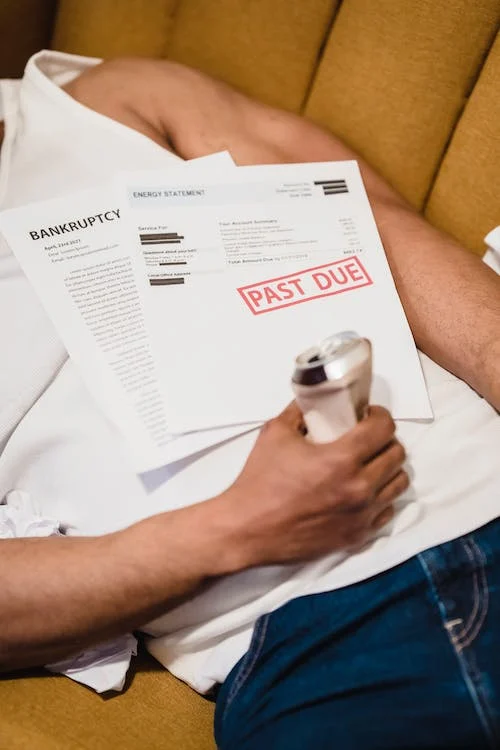If you asked the people around you, chances are you will find that some or most of them are suffering from financial problems in one way or the other. Who isn’t in this day and age? Everything seems to be getting more expensive, and people’s wages are more or less the same. This is why many find themselves falling into debt quite easily. While some manage to find their way out through loans or other financial maneuvers, others don’t. Sometimes, their only way out is to declare bankruptcy. However, this is a very drastic step that will have repercussions on your life for years to come. So, when exactly should you declare bankruptcy?
Consider the Alternatives
Before even thinking about declaring bankruptcy, you need to have checked every other option and made sure that this is the way to go. Bankruptcy will help you get out of the crushing debt you have, but it will also stay on your credit reports for many years, making it very difficult to take out loans, credit cards, and mortgages. If there is another way to solve this thing with your creditors, you should definitely try it. Negotiate with them and see if the matter can be handled without including the courts. It can actually be mutually beneficial since bankruptcy doesn’t necessarily mean they would get the full amount you owe them.
Carefully Assess Your Finances
You need to take a close look at your finances and carefully assess the situation. A licensed local trustee can help you do that, but you have to be sure that they are familiar with your country’s laws and qualifications as they may vary from one place to another. For instance, bankruptcy chapter 11 applies to the USA but not Canada, so if you live in Canada, hiring a local trustee will help you choose between the alternative court-approved debt solutions available, such as insolvency. To understand bankruptcy, you need to learn about insolvency because there is a difference between both –– contrary to popular belief. When you are insolvent, you might still have other options before going bankrupt.
You need to start asking some questions so you could fully grasp where you stand. Start by creating a report of all your assets. This includes everything from retirement funds and stocks, to real estate and even the kids’ college fund. Then, look into your credit report. Are you only able to make minimum payments on your credit cards? If so, this is the first clue that you might be in trouble. Getting regularly harassed by creditors is also a sign that something is wrong. Your credit report declining over the months is probably the biggest indicator that you are struggling and need to find a way out, fast. In short, if your debt value is much bigger than your current assets, then bankruptcy might be the way to go to get out of debt.
What Happens Next?
You should talk with a lawyer and/or financial counselor before taking this step; you want to be absolutely sure there isn’t any other way about it. Good thing, Tulsa bankruptcy lawyers are readily available to assist you with your predicament. If they advise you that declaring bankruptcy is your best chance, then you need to start taking the necessary steps. There are two roads that you can take to declare bankruptcy, each with pros and cons.
Chapter 7 Bankruptcy
Chapter 7 bankruptcy is the most common type of bankruptcy that most individuals file. It is also known as straight bankruptcy, and it’s when most of your assets are liquidated for the sake of paying your creditors. The court will appoint a trustee who will then sell some of your properties to pay the people you owe. Fortunately, some of your assets are protected in this type of bankruptcy, like your vehicle and clothes. The record of this bankruptcy will stay on your record and credit reports for 10 years.
Chapter 13 Bankruptcy
This might be a better option for individuals who would like to keep some of their assets, like a house. The purpose of this bankruptcy type is to reorganize your debt in a way that allows you to pay your creditors over a period of 3 to 5 years. A part of your debt will probably be discharged in this type. You will agree on certain monthly payments depending on your income, and once the grace period is over, any debt remaining is discharged. As long as you keep paying the monthly amount, you will get to keep your house.
Each type of bankruptcy has its pros and cons, and you need to weigh both before making a decision. Chapter 7 allows for a fresh start and people often get back on their feet quickly after, but it also means selling most of the things you own. Chapter 13, on the other hand, means you will have to make payments for years, but you get to keep your home. In any case, it is not an easy decision to make and it can be quite scary, so take your time and make the right choice.

